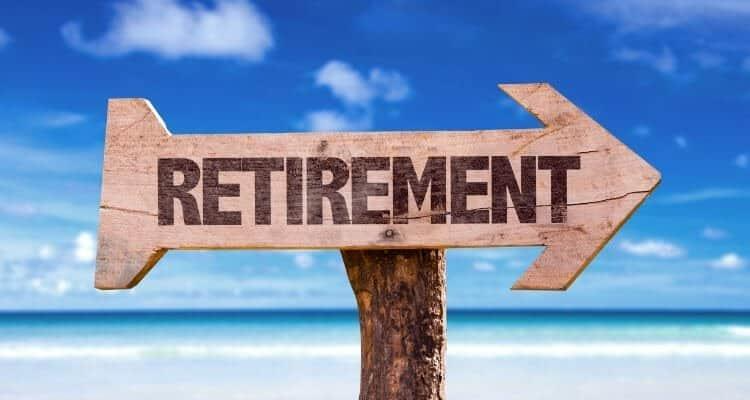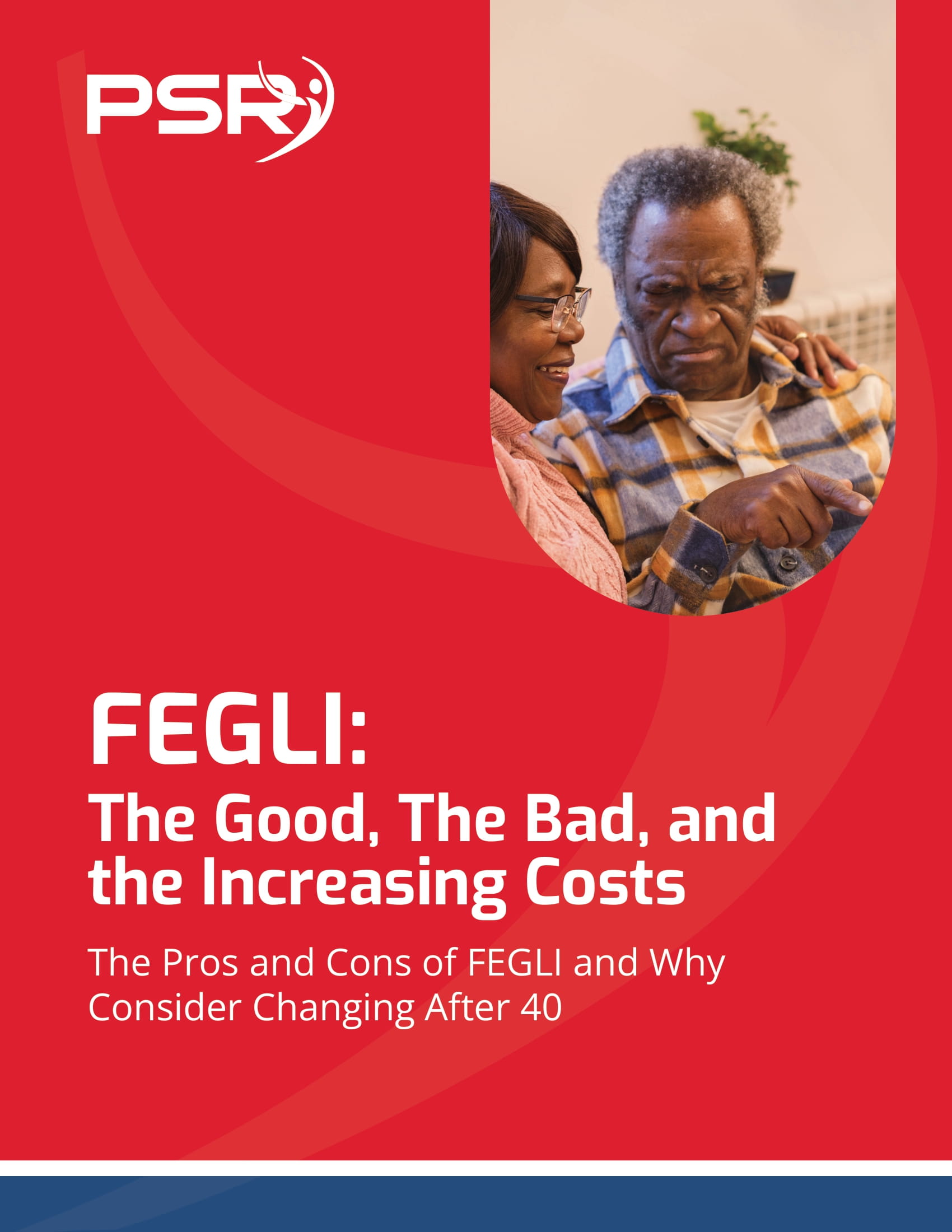Moving a 401(k) from one employer to another might be inconvenient. Still, it’s preferable to cash out the account and possibly lose thousands of dollars by retirement, not to mention the extra taxes and penalties you’d have to pay.
Every year, Americans’ retirement portfolios suffer from “leakage,” defined as early withdrawals from retirement funds for reasons other than retirement. Most retirement plans require investors to reach 59 1/2 before receiving penalty-free withdrawals, although misfortunes such as job loss, disability, or death in the family do occur.
Non-emergency distributions, such as cashing out an account when changing jobs, might unnecessarily jeopardize an American’s future retirement.
- Also Read: Divorce and Your Federal Pension—What Happens When You Split Assets and How It Could Affect Your TSP
- Also Read: What Happens to Your Federal Benefits After Divorce? Here’s the Lowdown
- Also Read: The Best FEHB Plans for 2025: Which One Fits Your Lifestyle and Budget the Best?
The significance of that is that when you have that leakage every year, it means fewer funds will be available for you when you need them the most — when you want to retire and live well in the future, Sen. Scott explained. Too many of your resources may have spilled out along the road. Scott stated he took an early withdrawal in his late twenties and didn’t know how significant it was until he had to record the distribution as ordinary income and pay a 10% penalty on top of it.
According to the senator, switching employment is one of the biggest leakage drivers. People no longer work for the same company for decades — it’s not uncommon for the average worker to have between seven and eleven employers during their careers, he says — which opens up more options for people to take their retirement funds with them.
According to a Savings Preservation Working Group research, cash-outs at the time of job switching were more prevalent than hardship withdrawals and loan defaults. The study found that at least one-third of employees, but as many as 47% of plan members, withdraw some or all of their retirement portfolios when switching jobs.
Workers are also more inclined to cash out their retirement accounts when their balances are low, according to J. Spencer Williams, founder and CEO of Retirement Clearinghouse, who testified at the hearing. When savers reach $10,000 in their retirement accounts, their perspectives begin to shift, he said. Moving money from one employer’s retirement plan to another can also be time-consuming. According to him, we need to make it incredibly simple because every time someone switches employment, they have to decide, especially at the lower end.
Americans not only pay ordinary income taxes and a penalty for taking early distributions, but they also miss out on the power of compound interest, which is when invested money accumulates on top of itself and creates returns over time. That might cost savers tens of thousands of dollars, if not more, throughout a lifetime.
Congress is investigating the issue. One proposal, known as the “Portable Retirement and Investment Account Act” (PRIA), would solve the leakage issue by letting Americans relocate their retirement funds throughout their careers. At the time of introducing the measure, Rep. Jim Himes of Connecticut stated that the present system for retirement savings was ineffective.
The alternatives available to American employees vary substantially depending on their field of employment, and the procedures can be too complex. Furthermore, if they quit their work, many Americans lose access to retirement savings vehicles, and gig, contract, and part-time employees are usually ineligible. This changes with PRIA, the lawmaker added in a statement. Under that proposal, workers who leave their employment would be able to continue contributing to the plan in the same way they did previously.
Nontraditional workers, like those in the gig economy, may not participate in an employer-sponsored retirement plan (although many states address this issue by implementing auto-IRA programs). Demand exists despite low access levels among nontraditional workers, said John Scott, project director of the Pew Charitable Trusts’ retirement savings project and a witness at the Senate hearing.
It’s tough to say: well, we have one answer that will match all types of workers, he added. The gig economy encompasses a wide range of arrangements — workers may get paid in various ways or file their taxes in different ways, for example, and may not have the option of a direct deposit from their check to their retirement account. With this workforce section, we need to be more imaginative and innovative.
Contact Information:
Email: [email protected]
Phone: 9568933225
Bio:
Rick Viader is a Federal Retirement Consultant that uses proven strategies to help federal employees achieve their financial goals and make sure they receive all the benefits they worked so hard to achieve.
In helping federal employees, Rick has seen the need to offer retirement plan coaching where Human Resources departments either could not or were not able to assist. For almost 14 years, Rick has specialized in using federal government benefits and retirement systems to maximize retirement incomes.
His goals are to guide federal employees to achieve their financial goals while maximizing their retirement incomes.












